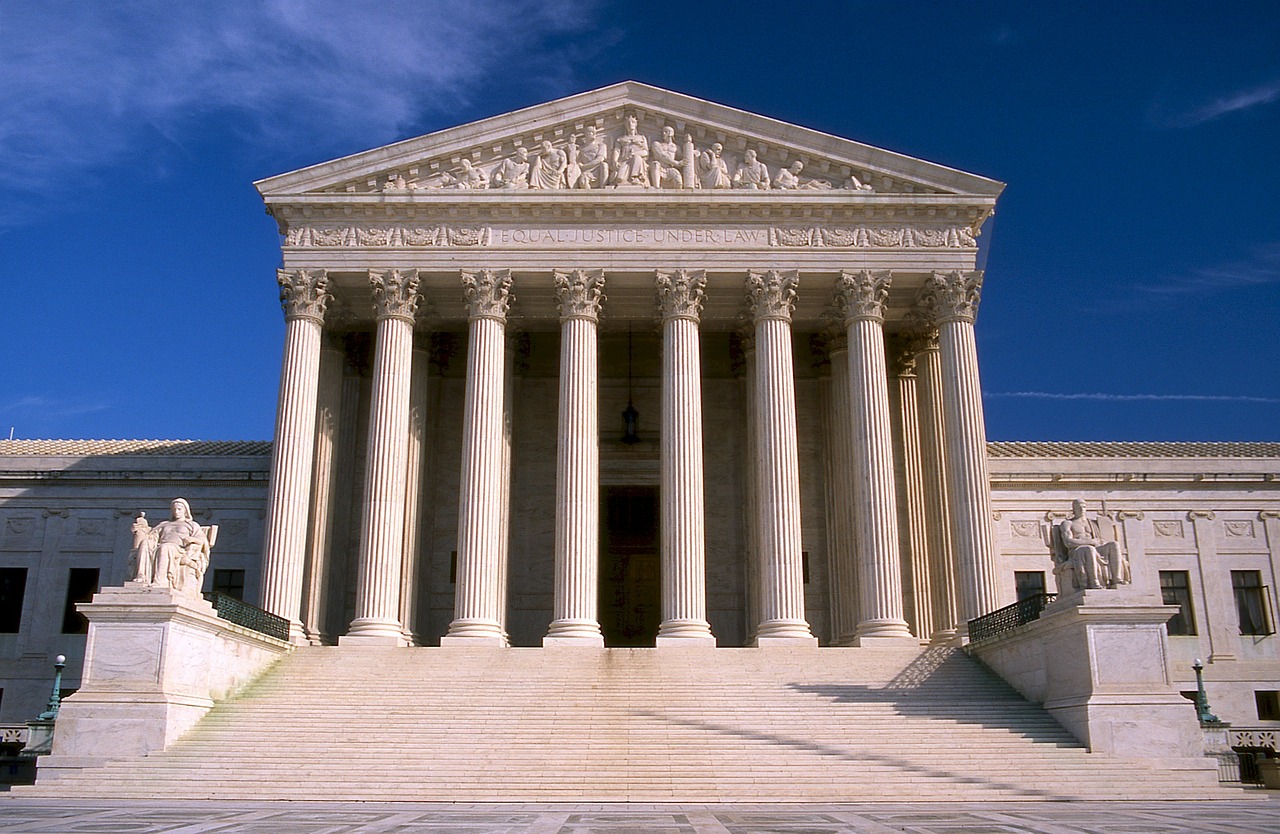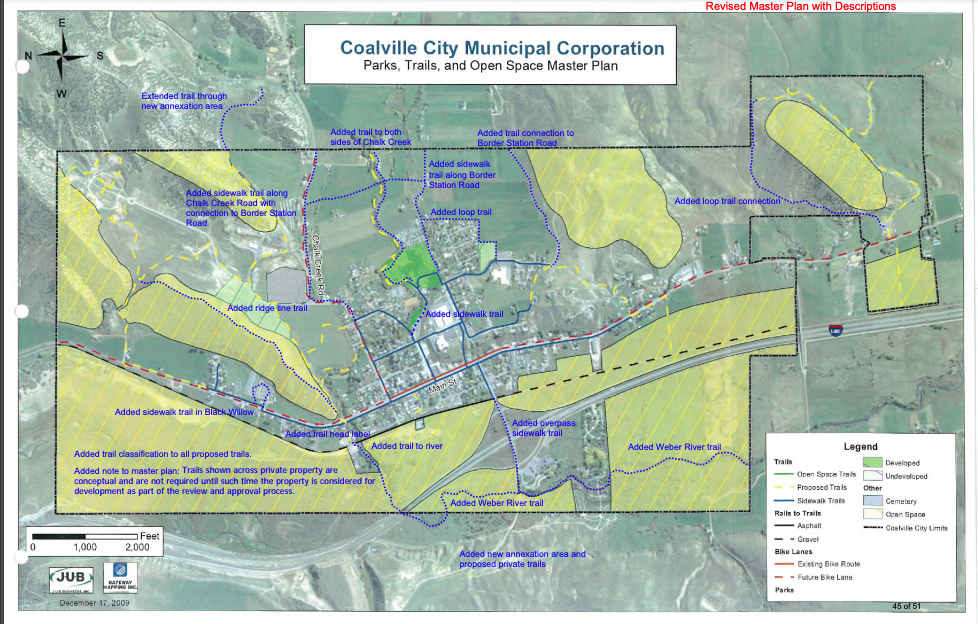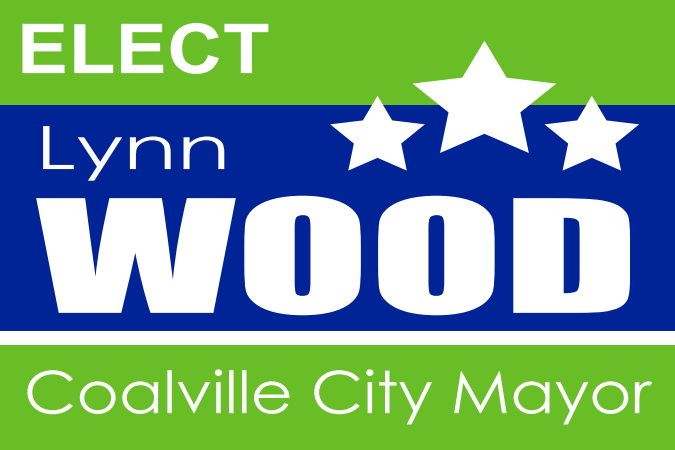How does a referendum work, when can it be used and why is it important for citizens to be involved?
A right granted by Utah law
As Utah citizens we have been given a very important tool when the government makes decisions that are not representative of the governed. Citizens can file an application to have an unfavorable law referred to the voters for their approval or dismissal. It’s a necessary part of our democratic system and is referred to as a Referendum. It’s a very powerful right given to the citizens but should be used with discretion and only in rare circumstances. Of necessity it is a difficult procedure and can only be successful if there is strong opposition to an act approved by elected officials.
What is the the process?
7 Days
Within 7 days after a law is passed an application must be filed by at least 5 registered voters who have voted in at least one election in the past 3 years. These 5 people are referred to as sponsors. The application is fairly simple and must contain notarized signatures of the sponsors and a certification of their eligibility. A copy of the law the sponsors wish to have voted on by the public is also attached.
20 Days
The city then has 20 days to review the application to make sure it complies with all the requirements and makes a determination to accept it as valid or reject it. The first 3 sponsors are notified of the city’s decision. The sponsors then have 10 days to appeal the decision if rejected. During this time the local government will also write a fiscal and legal impact estimate.
5 Days
The city prepares petition packets for the sponsors to collect the necessary signatures.
45 Days
After the packets are delivered to the sponsors there is a 45 day period where signatures can be collected. Only registered voters of the city where the law was passed are eligible to sign the petition. If not registered, a citizen can sign the petition as long as they complete the voter registration prior to the petition being submitted. All signature packets are then turned into the county clerk for verification. Ineligible signatures are eliminated. The number of signatures required varies based on the size of the municipality and the type of law being challenged. For the Coalville referendum that number is 35% of active votes or about 240 signatures.
7 Days
A signer can request to remove their signature at any time during the 45 day period but no later that 7 days after the last packet is delivered to the county clerk
30 Days
The county clerk will complete the verification within 30 days of receiving the last packet and deliver to the city clerk.
Evaluation by the Local Clerk
After the petition has been verified, the clerk will tabulate the number of valid signatures, compare this amount to the number of required signatures, and declare the petition as either sufficient or insufficient. The local clerk will immediately notify at least one of the sponsors of the declaration.
Law is Placed on Hold
If a petition is declared sufficient, the local law does not take effect until the voters approve of the local law at an election.
Election and Canvassing of Results
Immediately after the board of canvassers certifies the results of the election, the local legislative body must issue a proclamation. If the local law was approved by a majority vote, the proclamation will declare that the law is in full force and effect. Conversely, if the local law was rejected by the voters, it is repealed as of the date of the election.

When can it be used?
“So if I don’t like the subdivision that is going in next to me can I just file a referendum and make it go away?”
The short answer is…..probably not. A referendum can only be filed when the local leaders are making a legislative decision – they are creating or changing a law or policy. In the case of a subdivision, the city leaders are generally applying existing city codes to the project. When existing laws are being applied to a particular development the decisions are considered administrative. As long as the development complies it should be approved. Public opinion has little or no effect on administrative decisions.
However, when the city council is acting on a legislative matter and creating or changing a law, as in the case of a rezoning, public opinion and the desires of the community should play a large role. Legislative decisions are subject to a citizen referendum.
This video created by the Property Rights Ombudsman office explains the distinction very well. It’s worth the few minutes to watch.
That’s about it…
Actually it’s quite a long and detailed process. Any missed deadline or minor departure from the procedure will end the referendum so each step must be followed exactly. If successful the voters will get to make the choice and that makes it worth all the effort.




